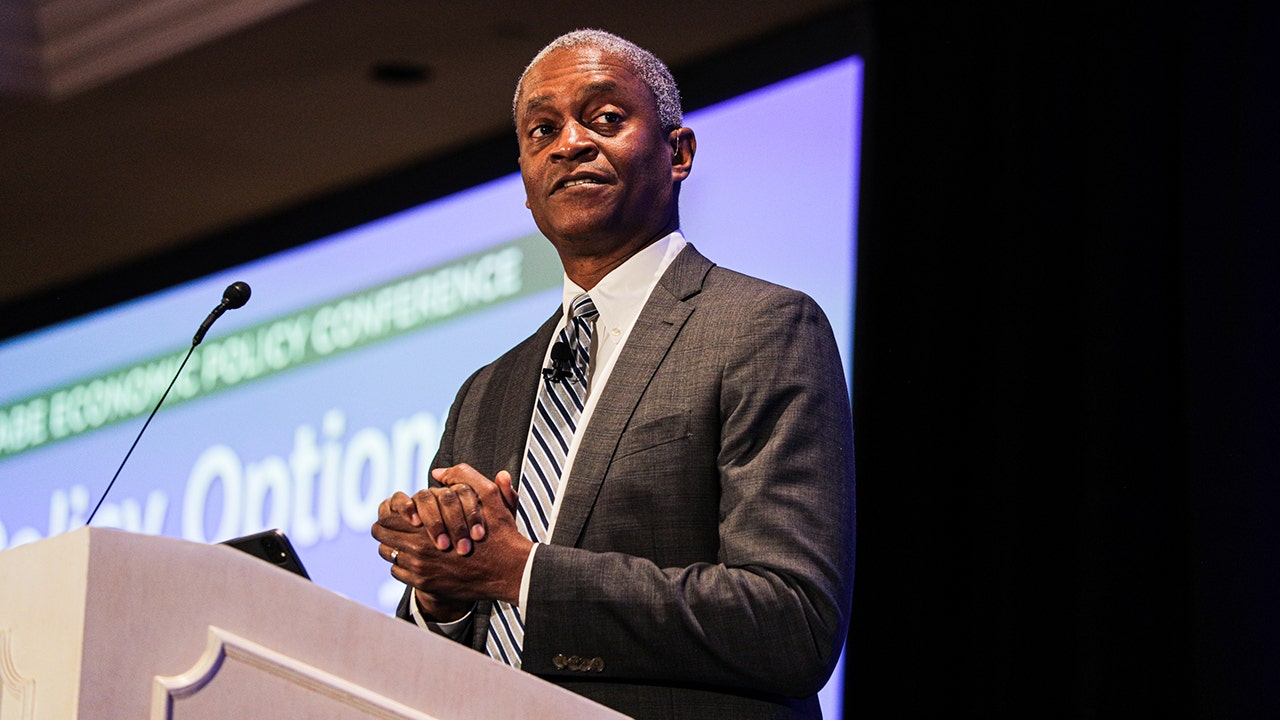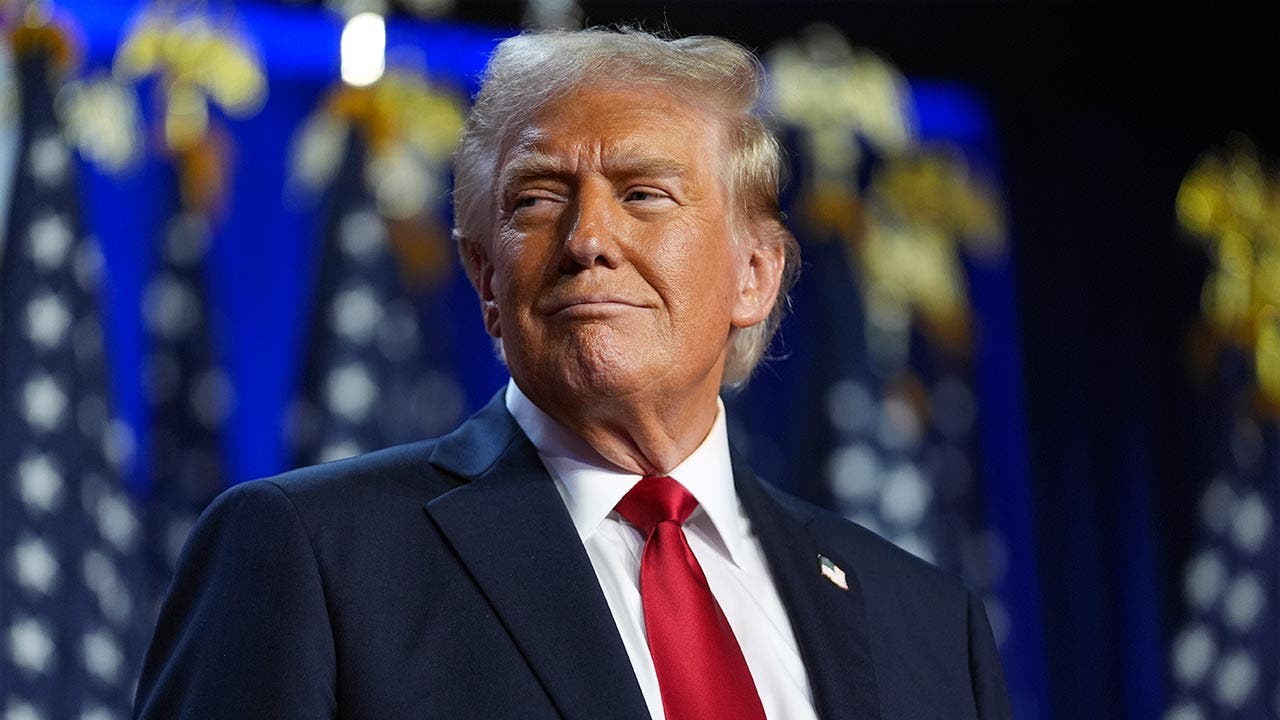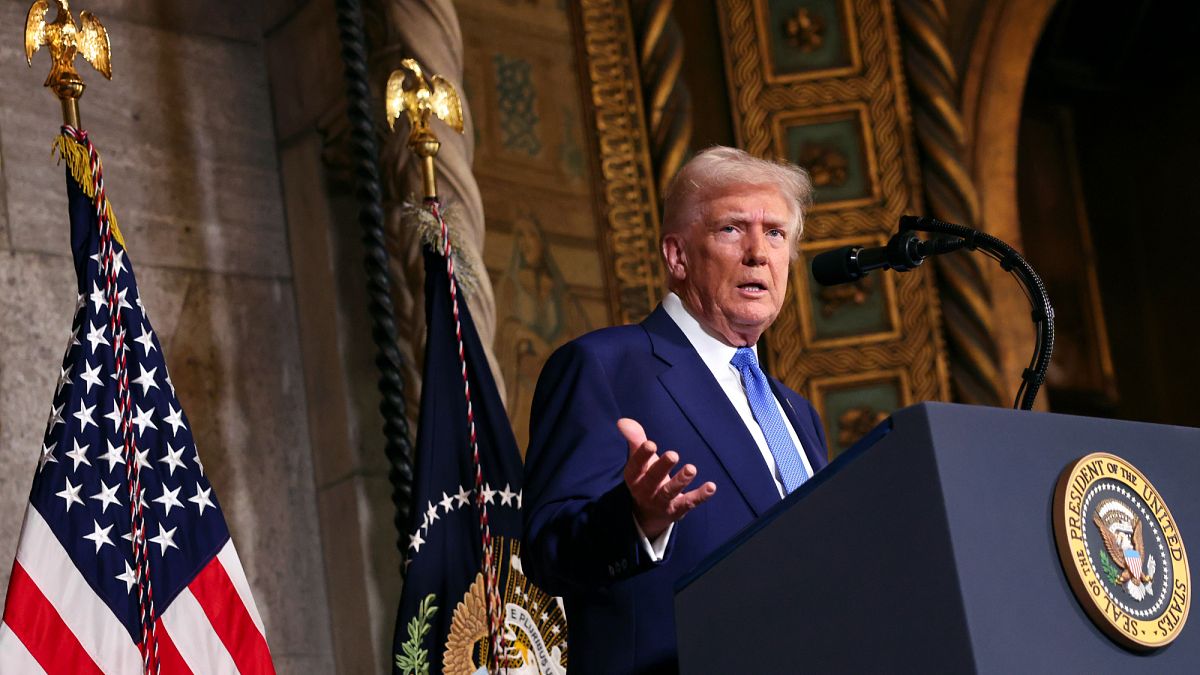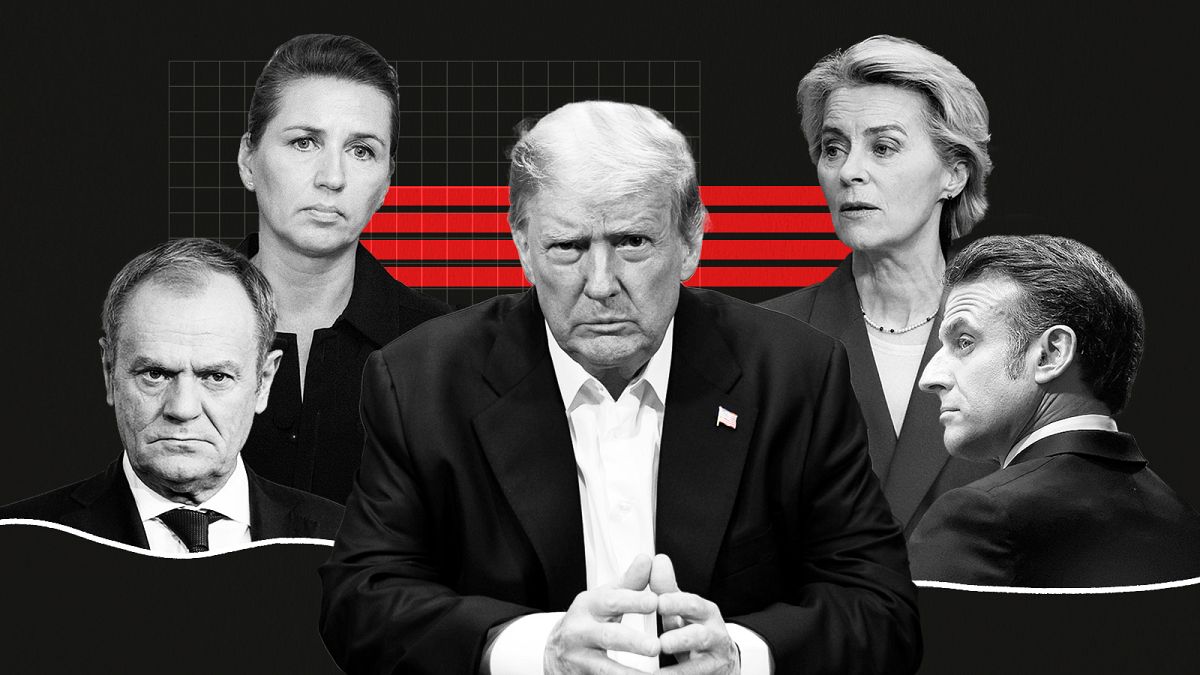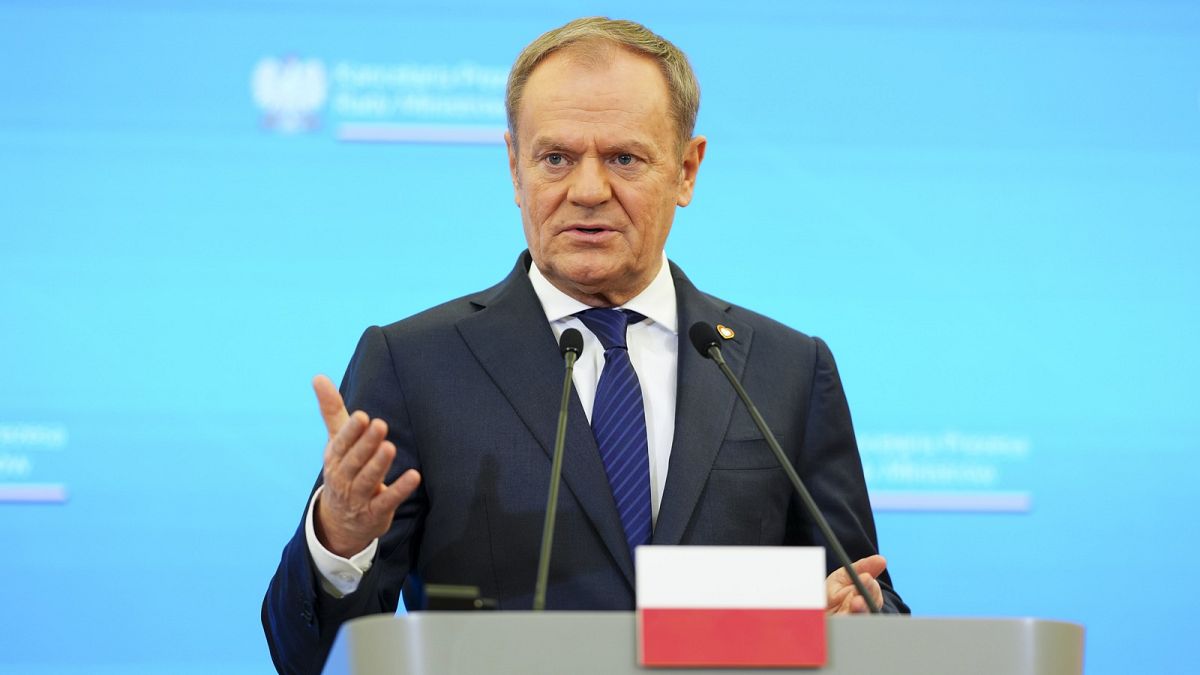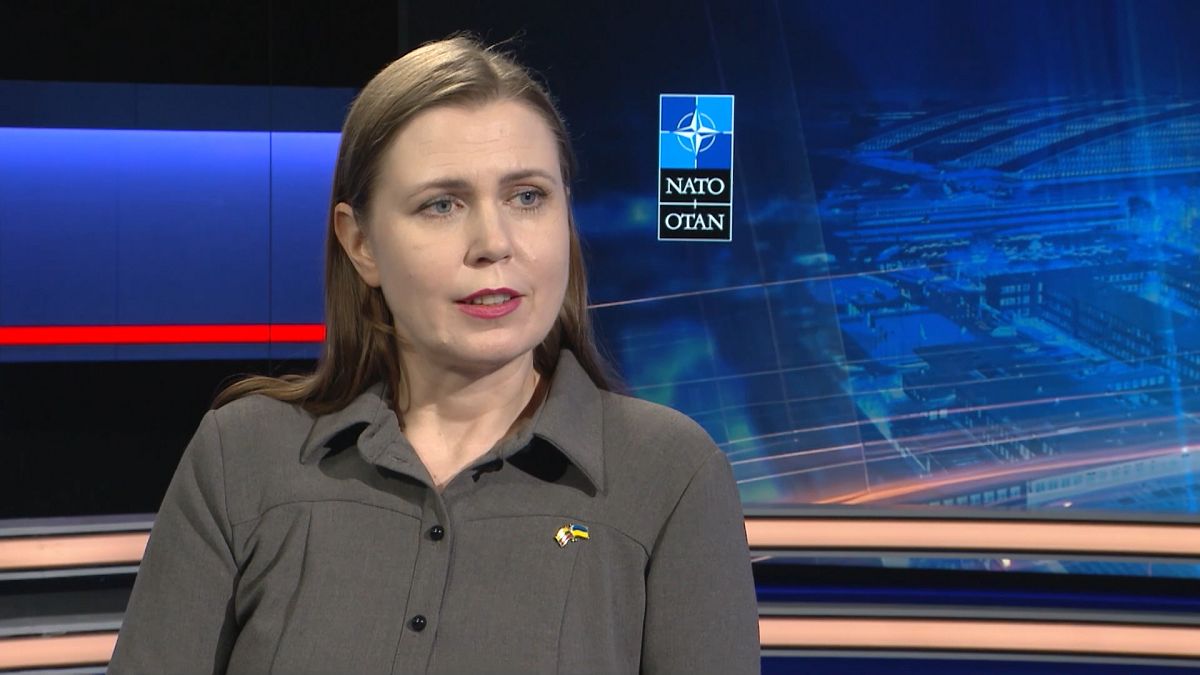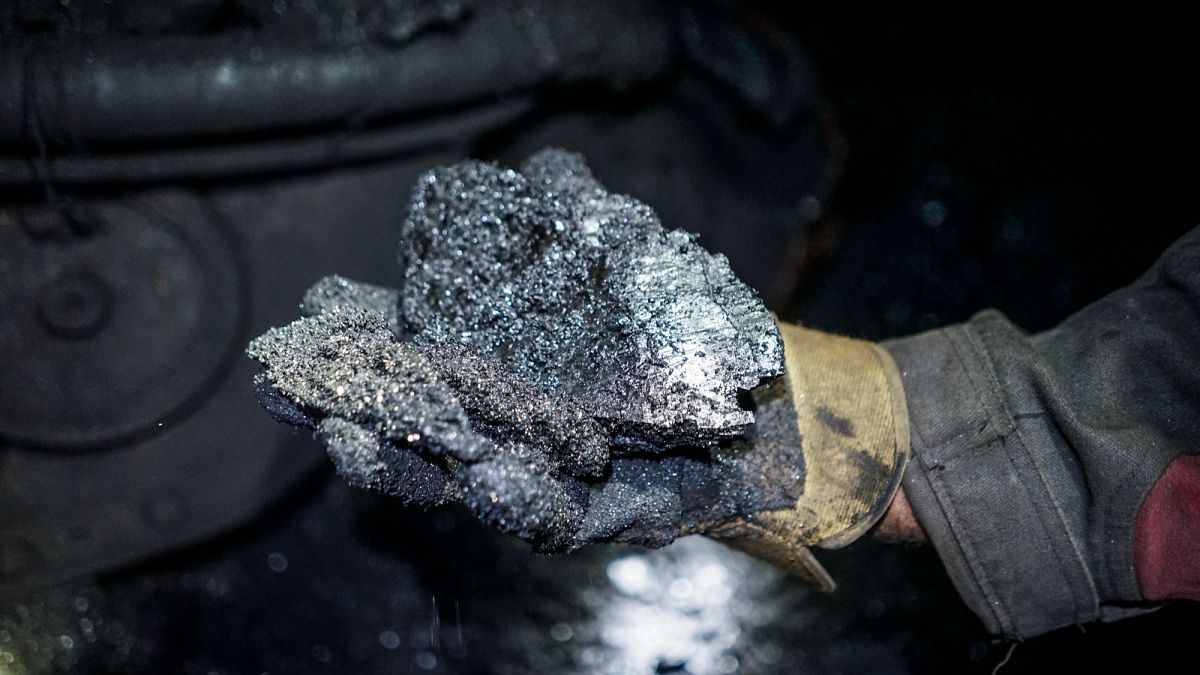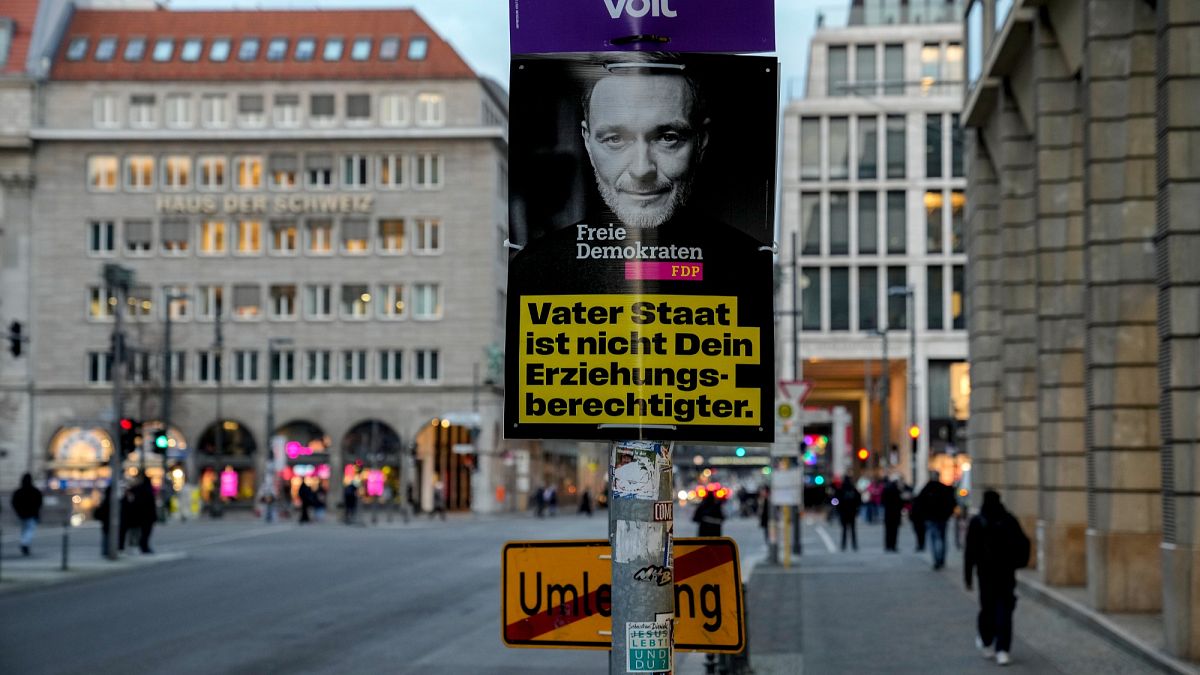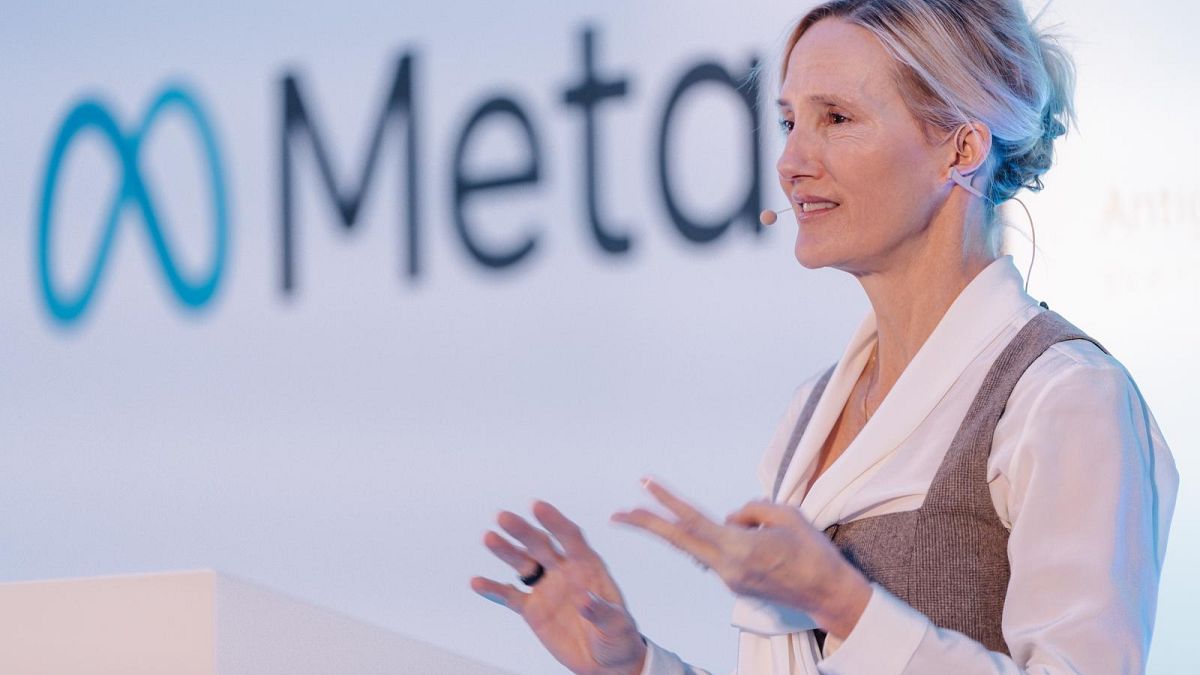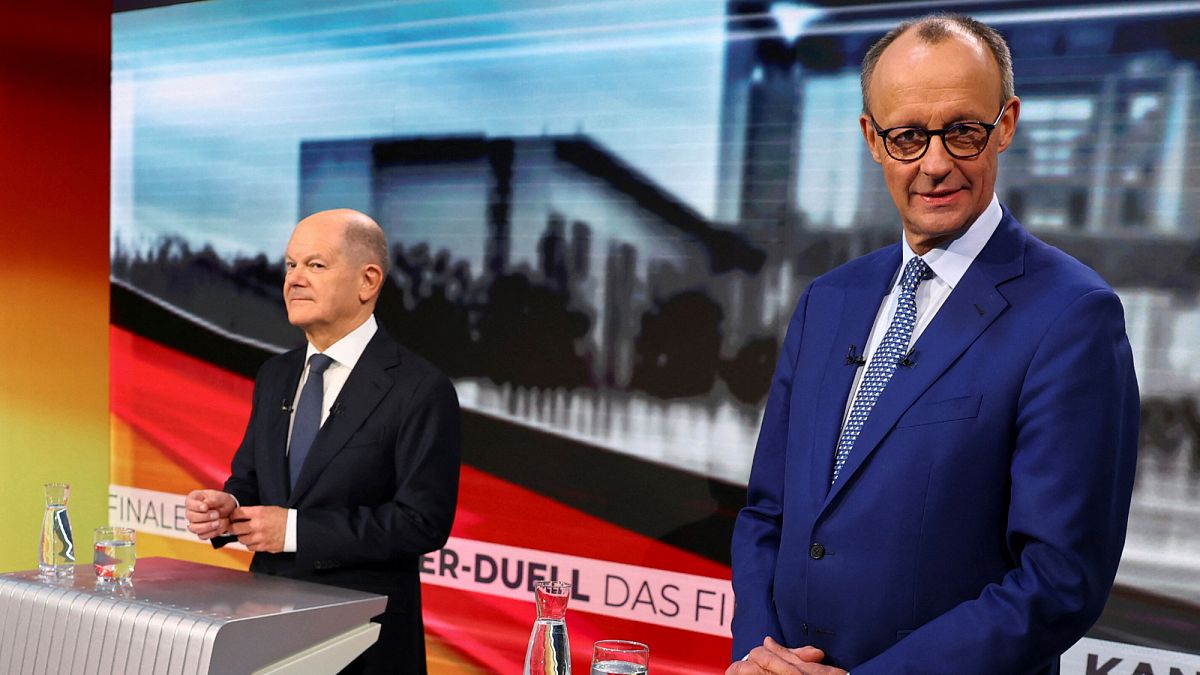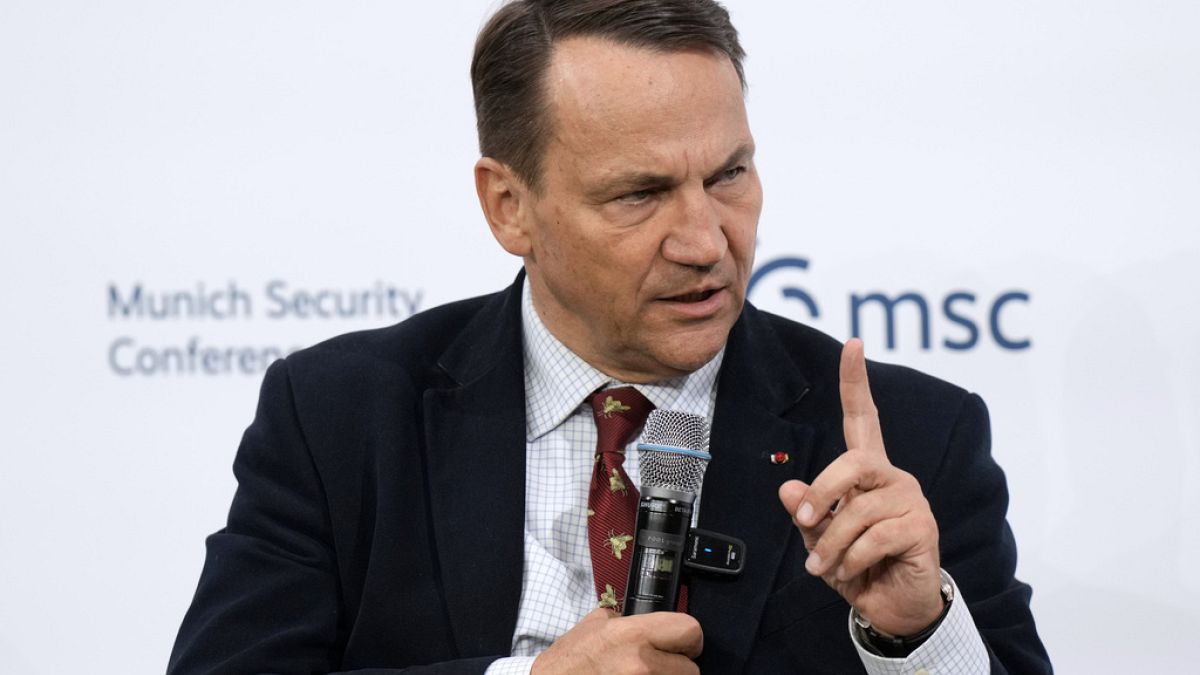Top trade officials for the bloc said they were interested in opening negotiations with the White House to strike mutually beneficial trade deals.
US President Donald Trump has complained that “the EU has been very unfair to us” as he announced new 25% tariffs on auto imports, pharmaceuticals and chips.
The US president has long railed against what he calls the unfair treatment of US automotive exports in foreign markets.
The European Union, for instance, collects a 10% duty on vehicle imports, four times the US passenger car tariff rate of 2.5%.
“We have a deficit of $350 billion (€335 billion). They don’t take our cars, they don’t take our farm products, they don’t take almost anything. They take very little. And we’re going to have to straighten that out. And we will, I have no doubt about it,” Trump told reporters at his Mar-A-Lago resort.
Trade negotiations
Meanwhile, top trade officials for the bloc said they were interested in opening negotiations with the Trump administration to strike mutually beneficial trade deals.
Executive Vice-President of the European Commission for the European Green Deal, Maros Šefčovič, said he hoped to avoid further tariffs and European retaliation by talking with the White House about the potential for lowering or eliminating completely tariffs on motor vehicles and some other goods.
“I will be making this point to my American counterparts when I meet them later today. The EU is interested in making deals – deals that foster fairness, burden-sharing and mutual benefits,” he said.
Trump has already upended the rules that have governed world trade for decades.
On 13 February he announced wide-ranging reciprocal tariffs in a bid to address the US’ persistent trade deficits. Not since 1975 has the US sold to the rest of the world more than it’s bought.
Trump claims the playing field is tilted against American companies as other countries usually tax American exports at a higher rate than America taxes theirs.
In a bid to address that imbalance, Trump announced he’s raising US tariffs to match what other countries charge.
Three weeks into his second term he has already slapped 10% tariffs on China and raised US taxes on foreign steel and aluminium.
He also announced and then delayed 25% taxes on goods from Canada and Mexico.
But many economists don’t share Trump’s enthusiasm for tariffs, arguing that the additional tax on importers usually gets passed on to consumers.
